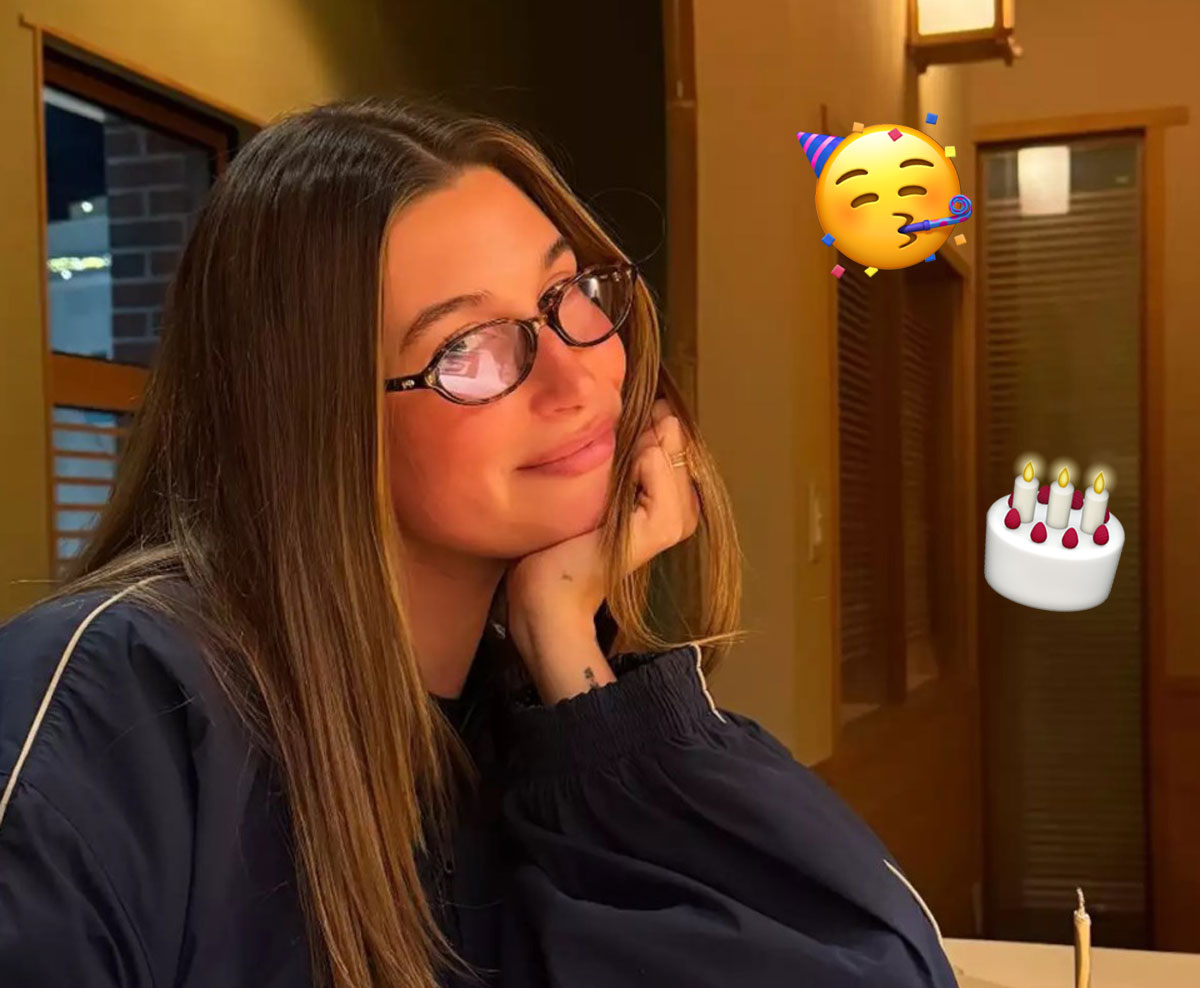Projects have included creating community gardens with opportunities for volunteering (Emily Beament/PA)
A £5 million scheme to bring “more nature to where people live and work” has delivered projects in 1,600 communities – eight times what was originally planned, organisers said.
The Wildlife Trusts received funding from the National Lottery Heritage Fund for a “nextdoor nature” programme, delivering projects over the last two years with communities across the UK that have traditionally or historically been excluded from decisions about or unable to access nature in their local area.
It was intended to reach 200 communities but ended up working with 1,600, the Wildlife Trusts said.
Wildlife Trusts adopted community organising principles across the country, reaching out to groups that they had not been involved with before, listening and supporting them with activities they wanted, to encourage interaction with nature.
Projects included working with Roma communities in East Belfast to support wildlife gardening, rewilding parts of Derby city centre and linking local schools with rare bird reintroduction schemes in Kent, the Wildlife Trusts said.
A report for the trusts on the project found 95% of participants questioned thought there was greater collaborative working between residents, local organisations and groups as a result of the scheme, and 82% feel there is now greater decision-making about wildlife in the hands of local people.
We need to encourage everyone to be part of it, it's a grassroots approach to conservation
Barbara Polonara, Berks, Bucks, and Oxon Wildlife TrustThe scheme comes as the UK, and the world, faces huge declines in nature, and as the mental health and wellbeing benefits of being in the outdoors and connecting with wildlife and green space is increasingly being recognised.
Barbara Polonara, community wildlife officer at Berks, Bucks, and Oxon Wildlife Trust, says she has worked with groups ranging from the local Men’s Shed to build wildlife homes such as swift boxes to providing equipment for a refugee group’s allotments.
“This project was aiming to bring more nature to where people live and work,” she said.
Unlike traditional conservation projects focused on nature reserves, this scheme aimed to bring wildlife to where the community is and support people to develop schemes they wanted and would carry on with, she said.
“There’s not a lot of underserved communities involved in conservation. We need to encourage everyone to be part of it, it’s a grassroots approach to conservation,” she said.
“Overall, I do feel the community has been left with more motivation to help wildlife, more knowledge about what’s been happening to nature and are able to appreciate what is around them much more.
“I really do believe it’s making a difference and we are motivating and encouraging people to carry on.”
One of the schemes she helped bring to life was to transform the garden for the charity Thames Valley Positive Support (TVPS), which supports people with HIV and the LGBT+ community.
The once-overgrown front garden of the suburban house in Burnham, Slough in which the TVPS centre is situated has become a wildlife-friendly space with service users volunteering to maintain it.
It has been planted with hardy plants that do not require much maintenance, such as hawthorn and pyracantha, crab apple and lavender to provide food for pollinators and habitat for birds, while an ivy-wreathed tree trunk has been left, with bug hotels attached to help insects.
It's easier to have some of those difficult conversations or help people open up, it's much easier to do that outside when you're doing something together
Sarah Macadam, TVPSSarah Macadam, chief executive of TVPS, said initially they were sceptical about the initiative as it was “not a natural connection” and they had never worked with a wildlife charity before.
But it was a “bit of a wake-up call” that they were not utilising the garden and they were now using all the space available to support their service users.
She said: “It’s created volunteering opportunities, given different means of interacting with our service users, it’s definitely helped with their mental health.
“It’s easier to have some of those difficult conversations or help people open up, it’s much easier to do that outside when you’re doing something together.”
Adam Somerville, a volunteer at TVPS, said the garden was popular with service users, from those who “come every week to make improvements and are not afraid to get their hands dirty” to those who come every now and again and are surprised by how much progress has been made.
He said gardening was a great activity to improve wellbeing, adding: “Our service users really get a lot out of the opportunity to help build something to benefit our wider community.
“Like the TVPS centre, the garden is another space for our service users to unwind and take a break from everyday life, for which they are very grateful.”
 1 week ago
6
1 week ago
6




















 English (US) ·
English (US) ·